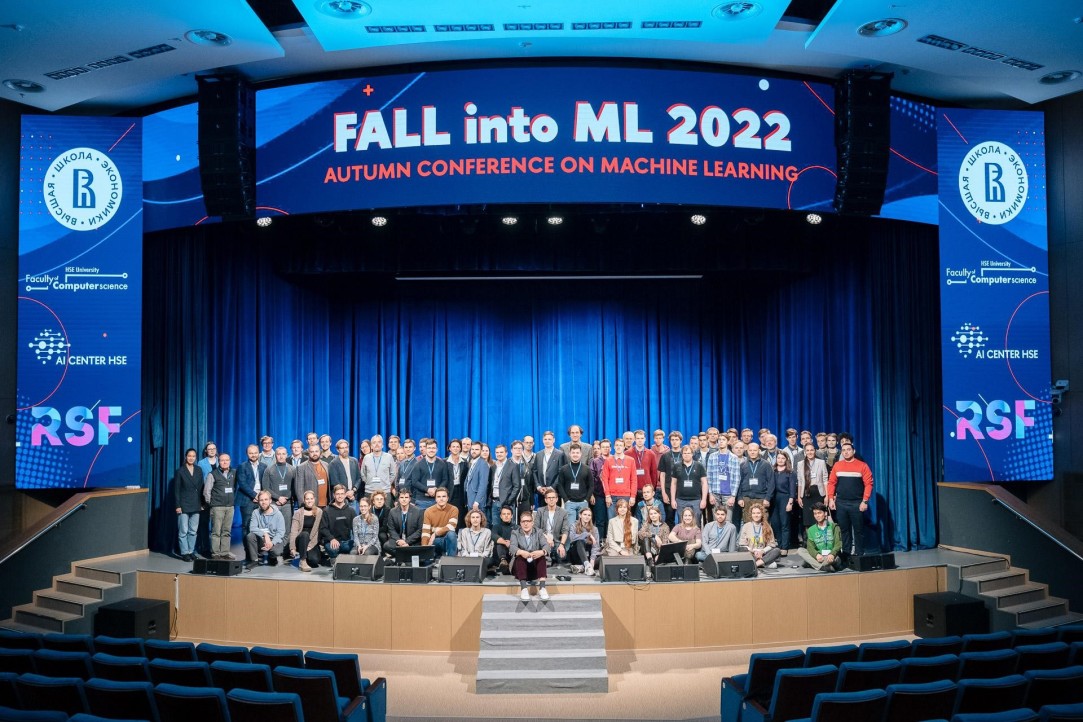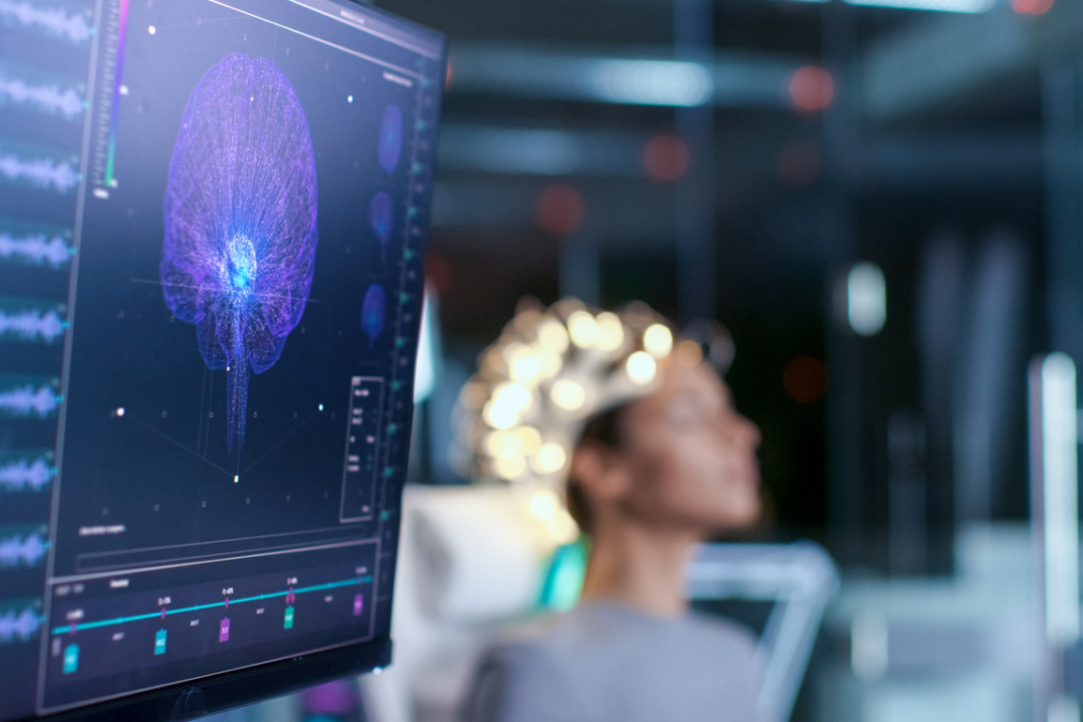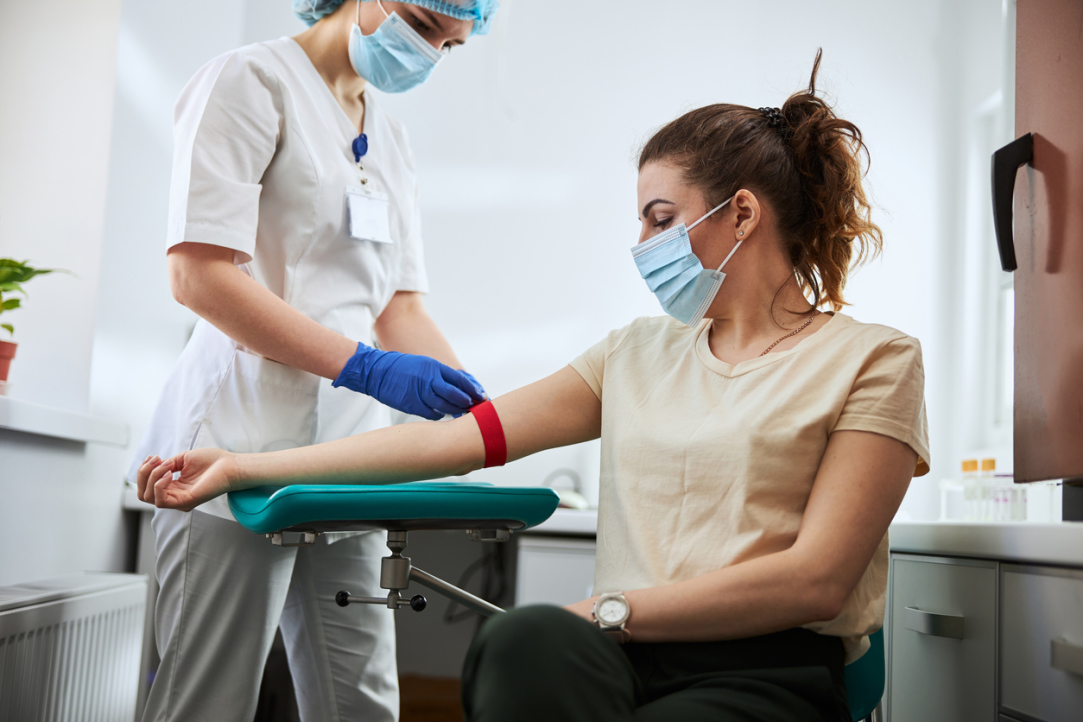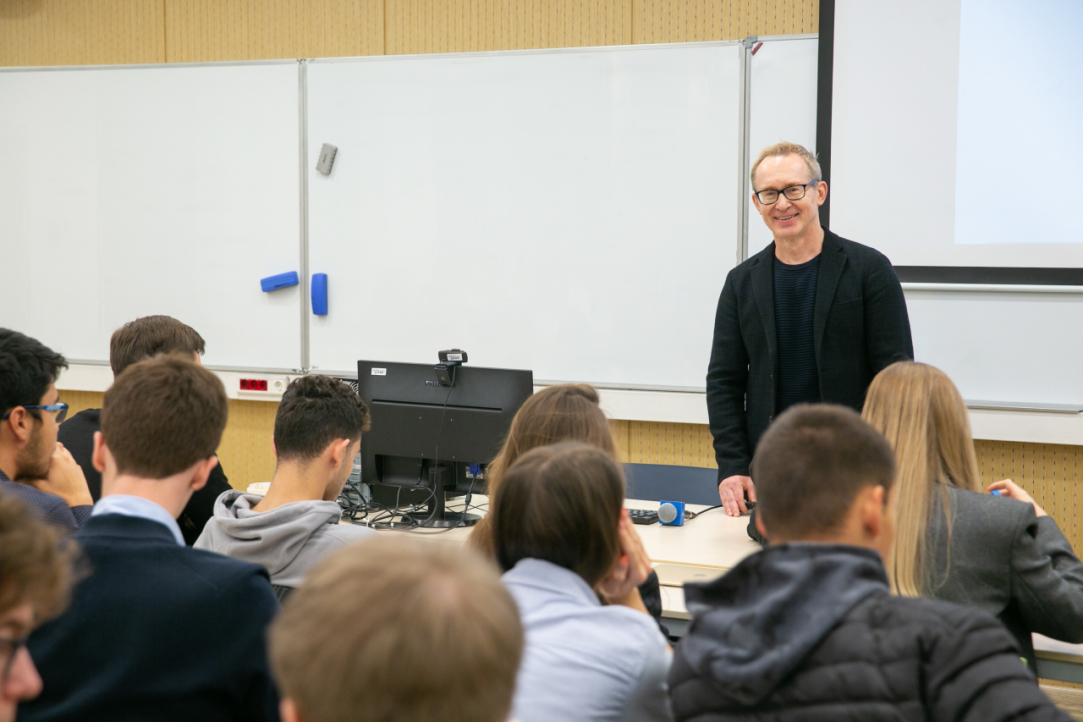During his visit to ICEF, Sergey Tsyplakov, a professor in finance at Moore School of Business of the University of South Carolina, delivered a lecture to students and contributed to ICEF-CInSt 11th International Moscow Finance Conference as a keynote speaker. In this interview, Sergey shares what surprised him about ICEF students, why scientific paper reviewing may not always be objective, and why people on Wall Street read academic research.




















